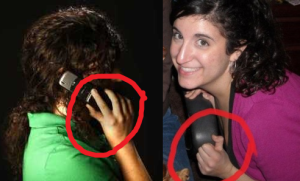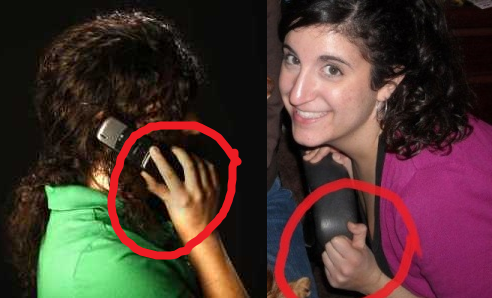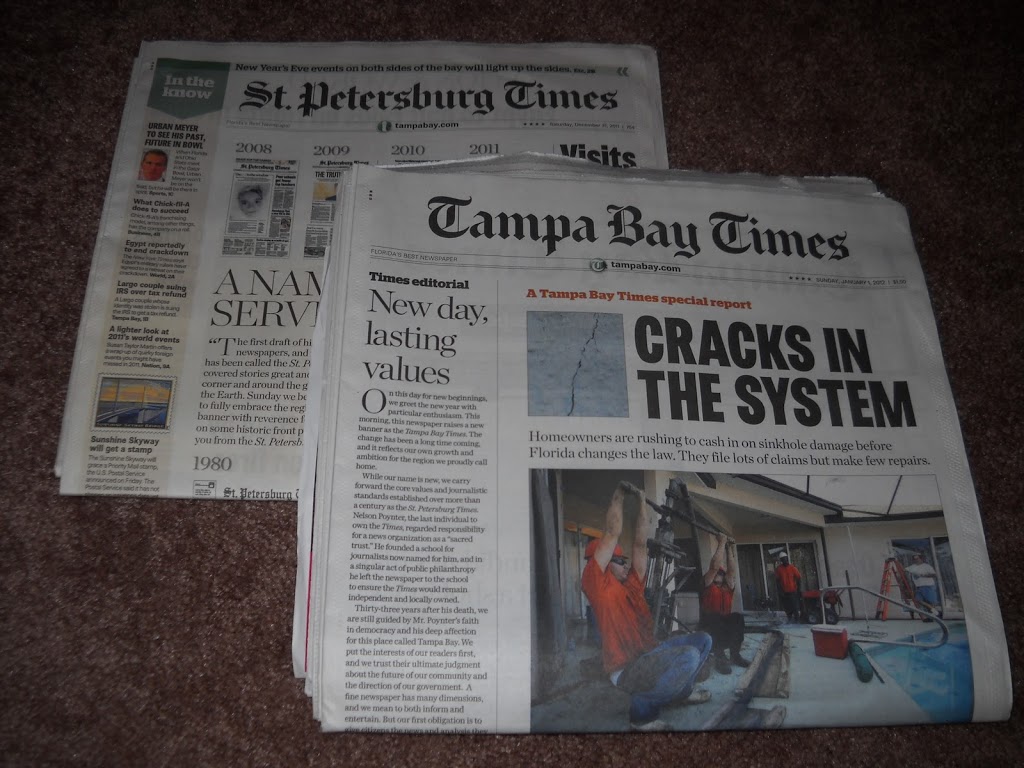As I kid, I had two primary chores (among many miscellaneous others):
folding laundry and emptying/loading the dishwasher.
Most days, I had two primary goals:
to not fold laundry and to not empty or load the dishwasher.
With three words at a time, I’d put off my chores:
“In a minute!”
“One second, please!”
“I’m busy now!”
My dad often had three of his own words for me:
“Always be working.”
Oh how I disagreed. How I knew the work would never end and that to acquiesce to a suggestion like “always be working” meant… I always would be working. How I did not imagine that in 2012, at 26, as a writer and a grad student, I’d discover that finally, I agree with my dad.
I know now that he didn’t mean “never take a break.” He meant “do what you need to do first and do what you want to do later.”
Because if you do what you want to do first, you’ll run out of time to do what you have to do. Then you’ll have to rush and it’ll be reckless and you’l be stressed.
Because if you do what you want to do first, you might not enjoy it as much. You’ll be preoccupied by knowing there’s stuff you’ve got to do later (especially if it’s stuff you don’t want to do).
Because it feels really good when at the end of the day — as a result of doing what I have to do first — I have time left to work out, read for leisure and write on my blog.
This is not to say it isn’t still a challenge.
Most afternoons, when I get home from work, I say, “In a minute!” to myself when I want to watch back to back episodes of the Waltons instead of making flashcards.
Gratefully, most afternoons, I shut off the TV and think of the following:
“Always be working.”




